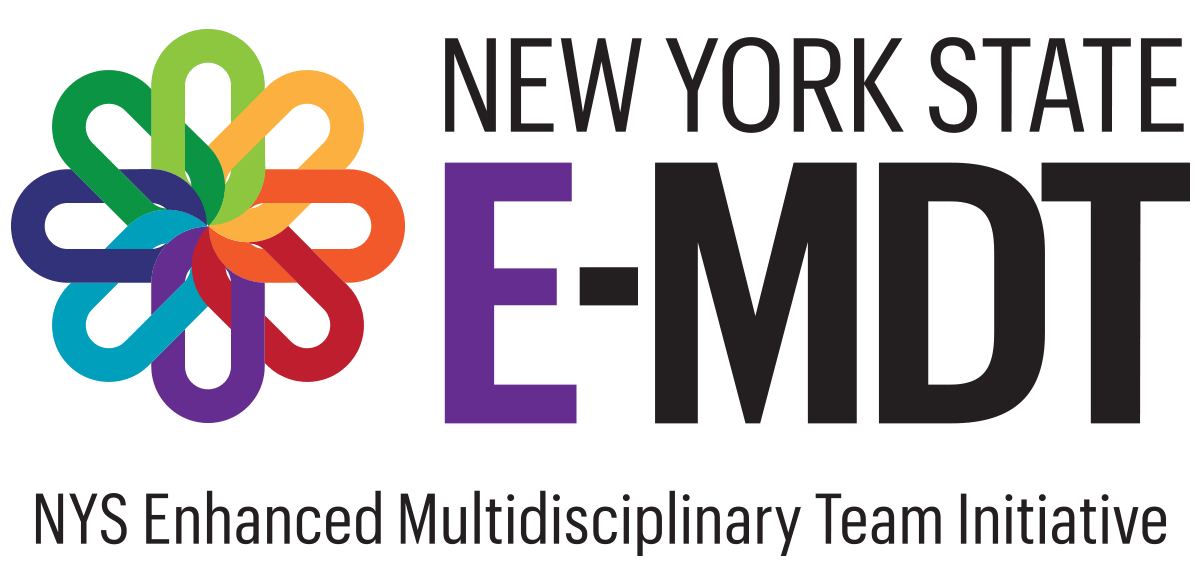National Adult Protective Services Association’s (NAPSA’s) Research to Practice (R2P) series
This presentation will cover the development, implementation, and evaluation outcomes of a collaboration between Adult Protective Services and Forensic Accountants. This collaboration was designed to enhance data collection, support case finding determinations, and enhance reporting to law enforcement Strategies, challenges, successes, and next steps will be discussed.
PRESENTERS INCLUDE:
Jason Burnett, PhD, is an Associate Professor with the McGovern Medical School at UTHealth, Houston and Director of the Texas Elder Abuse and Mistreatment Institute. Dr. Burnett has been conducting research in elder mistreatment and self-neglect since 2005. His work includes studying risk factors, designing and evaluating interventions to address mistreatment and self-neglect, developing, and evaluating public health programs for addressing the needs of agencies working to provide the evidence-based services to older adults experiencing mistreatment or self-neglect. Dr. Burnett is currently the Director of the UTHealth Texas Elder Abuse and Mistreatment Institute and the Director of the Forensic Assessment Center Network (FACN).
Angela Medina has 25 years of experience in adult protective services (APS), where she held a variety of roles, including casework, supervision, quality assurance, policy development, and program leadership. Prior to retiring in October 2024, she served as the Director of Policy and Performance Management for Texas APS. Angela played a key role in several Texas APS initiatives, including the implementation of a structured decision-making model, the redesign of casework practice processes, and a grant-funded project that involved collaboration between APS, academic researchers, and forensic accounting experts to strengthen financial exploitation investigations. Angela is committed to strengthening APS programs by enhancing policy knowledge and supporting APS professionals in their efforts to protect and advocate for vulnerable adults.
